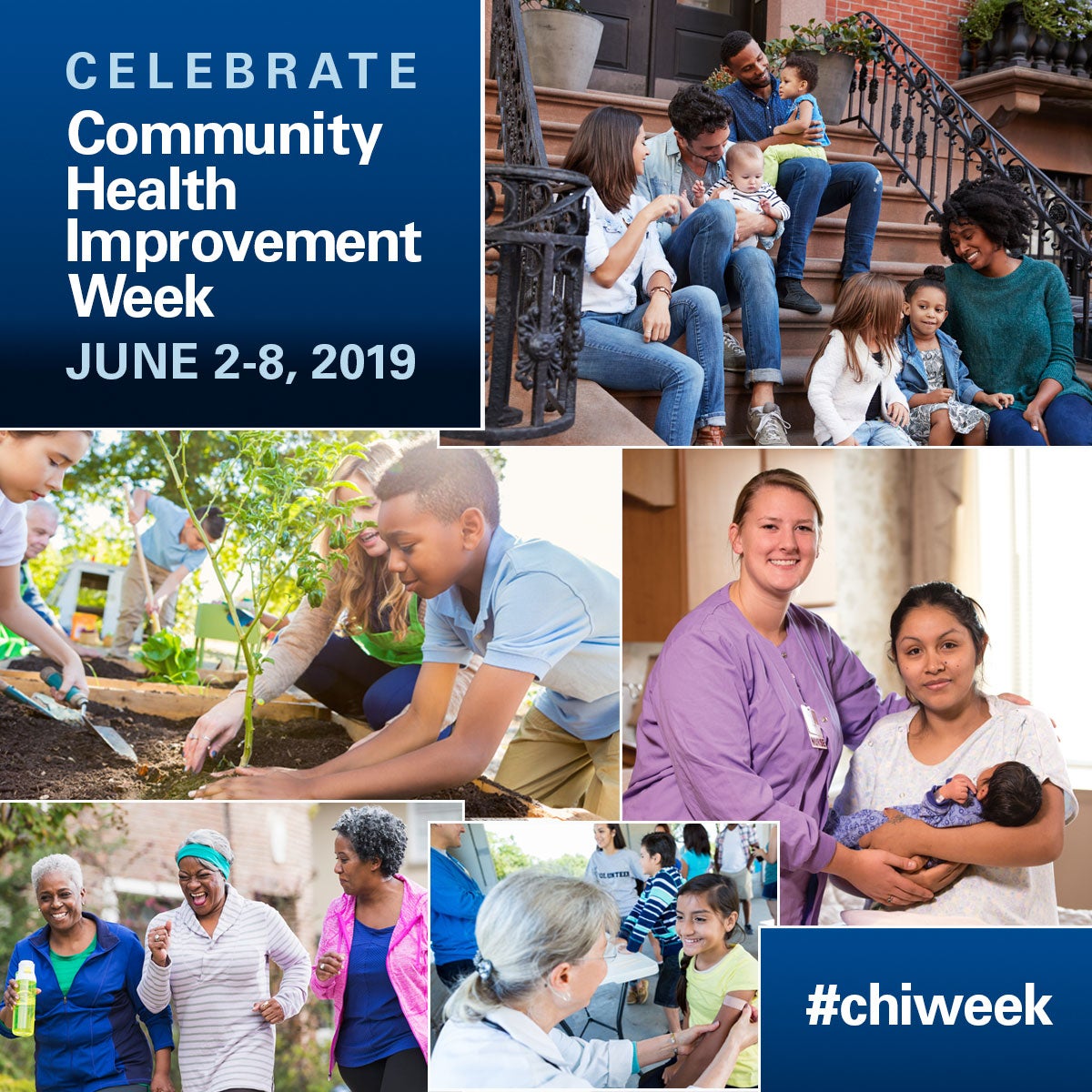“Little Leaps” program fosters engagement and awareness on child development
Health professionals know that between birth and age three is a critical period for a child’s development. The brain doubles in size in its first year, and by age three reaches 80 percent of its adult volume. However, most parents – especially those in the lowest socioeconomic or educational quartiles – are not exposed to how simple strategies can maximize their baby’s brain development. This is particularly true in rural, impoverished areas where higher than national average teen pregnancy rates and lack of access to pediatricians make parental education and skill building on developmental outcomes exceedingly rare.
Southern Illinois University School of Medicine Department of Population Science and Policy (PSP) is an academic medical department with the goal to understand health challenges of people in its mostly-rural region of central and southern Illinois and provide innovative, sustainable solutions to improve health. PSP identified an innovative rural community with which to partner on enhancing structures to improve infant and toddler brain development and mother/child engagement. A partnership with Hillsboro Area Hospital in rural Hillsboro, Illinois, formed soon thereafter and the Little Leaps project was born.
The Partner
In addition to its role as a critical access hospital, Hillsboro Area Hospital (HAH) serves as a community center. It routinely hosts community events and houses a gym as well as a child development center (in partnership with the local school district) on the hospital grounds. Serving a wide variety of children from a range of socioeconomic backgrounds, this facility is an excellent location to study baby development as well as techniques of how to engage parents on “serve and return” practices to help augment infant and toddler development skills.
The Program
The Department of Population Science and Policy, in collaboration with Hillsboro Community Child Development Center staff, created the Little Leaps program with the goals to foster interaction in families, develop awareness around brain development linked to activity and interaction, provide a hands-on communication tool connecting teachers and families, and build a longitudinal, collaborative relationship between the parents, caregivers, and hospital. To achieve these goals, PSP created age appropriate take-home “development bags” consisting of low-tech toys and simple household items as well as informational cards for parents. The cards offered suggestions of how to use the items to interact with the child and identified primary brain activation during those activities. To ensure parents understood the goals of the project and the development bags, PSP and HAH also hosts educational events to provide the child development center teachers and caregivers information on brain development.
Evaluation & Results
Surveys were conducted in the second year after the fourth set of bag distributions at the child development center to measure if the intervention is increasing parent engagement and to evaluate caregiver satisfaction with the program. Initial response to the program has been overwhelmingly positive, both from caregivers and parents. Parents have reported an increase in interaction with their children, saying they are likely to play with items from the bag instead of watching TV at home. “It’s the little things that I didn’t realize played such an important part,” one parent said.
An evaluation of the program shows the majority of parents spend more time engaging and interacting as result of the program. Parents feel more confident about what their children’s milestones should be and if they are achieving them, and parents also feel more comfortable speaking to the child development teachers about their child’s brain development. 63 percent of parent respondents indicated that they spend more time with their children since receiving their bags (≥5 on 1-10 scale). 84 percent of parent respondents had better understanding on what their child should do at their age (≥5 on 1-10 scale). 79% of parents have talked more with their daycare teachers since the start of the survey.
Since the program’s inception, Little Leaps has distributed approximately 400 bags and impacted more than 100 children. The program was recently renewed and will continue through at least June 2020. And now that parents and caregivers have the items they need, PSP and HAH are hosting quarterly education sessions for parents and teachers to give them new ideas for how to use the items they already received, additional education about brain development and the importance of parent/child interaction.
Contact information:
Kara Bowlin
Director of External Relations
Population Science & Policy
Southern Illinois University School of Medicine
kbowlin81@siumed.edu
Community Health Improvement Week

CHI Week Stories from the Field
Children’s National celebrates CHI Week
Children's National Health System has several opportunities throughout the week to celebrate the work in the hospital and in the community to build healthier lives for children.
St. Jude Medical Center's collaboratives improve community health
Over the past two decades, St. Jude Medical Center has helped start and support four community collaboratives to address the needs of today.

